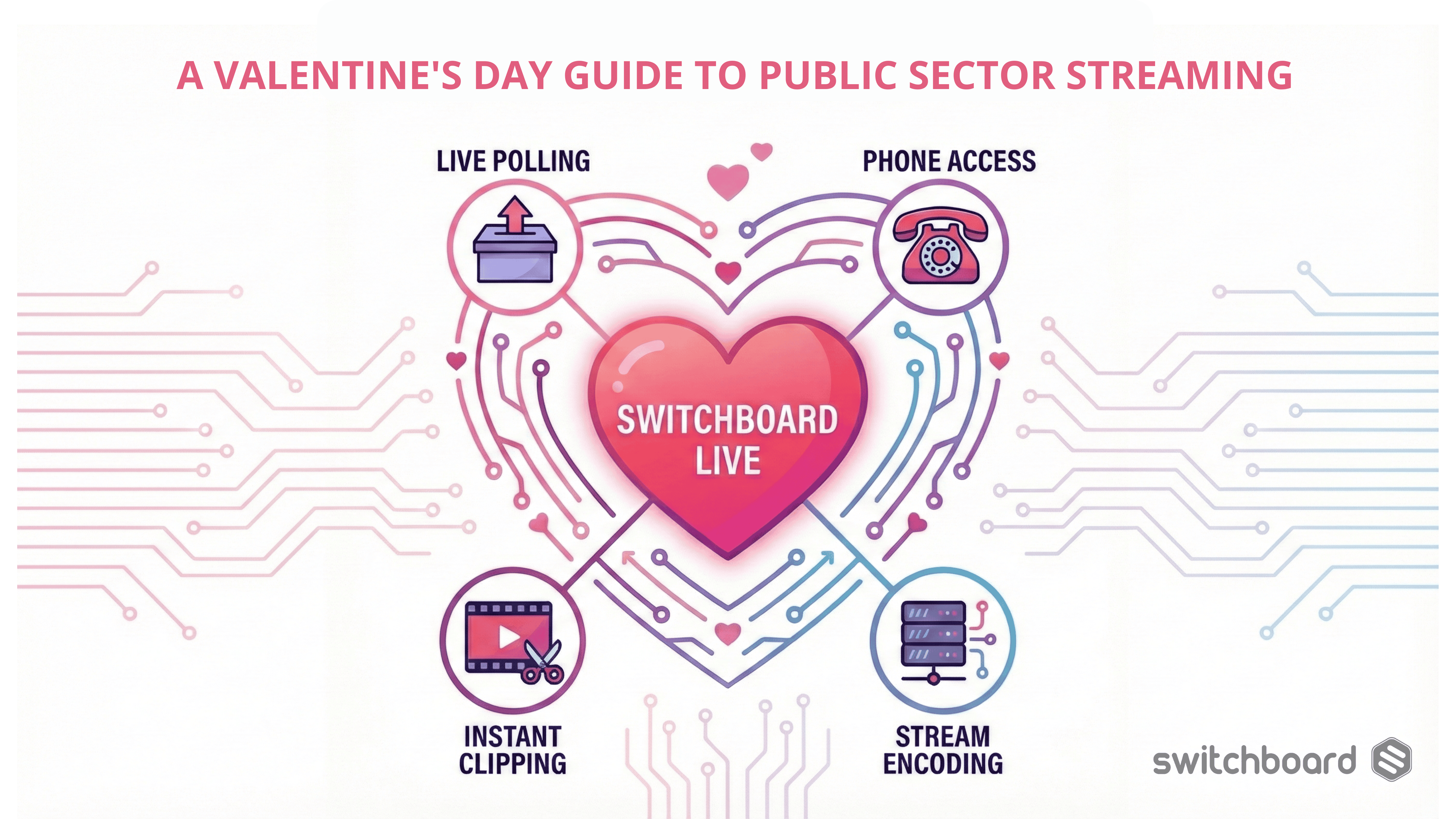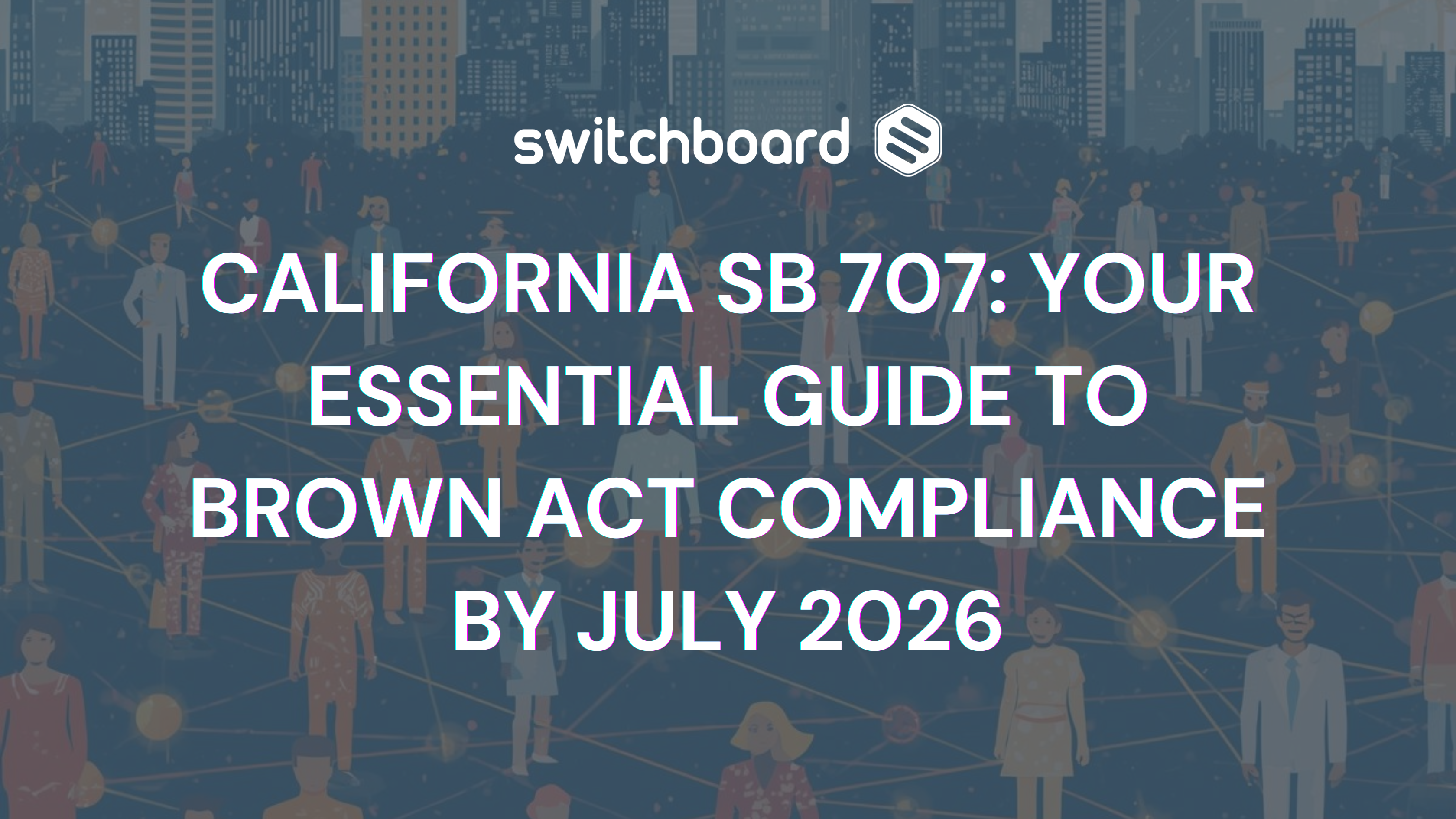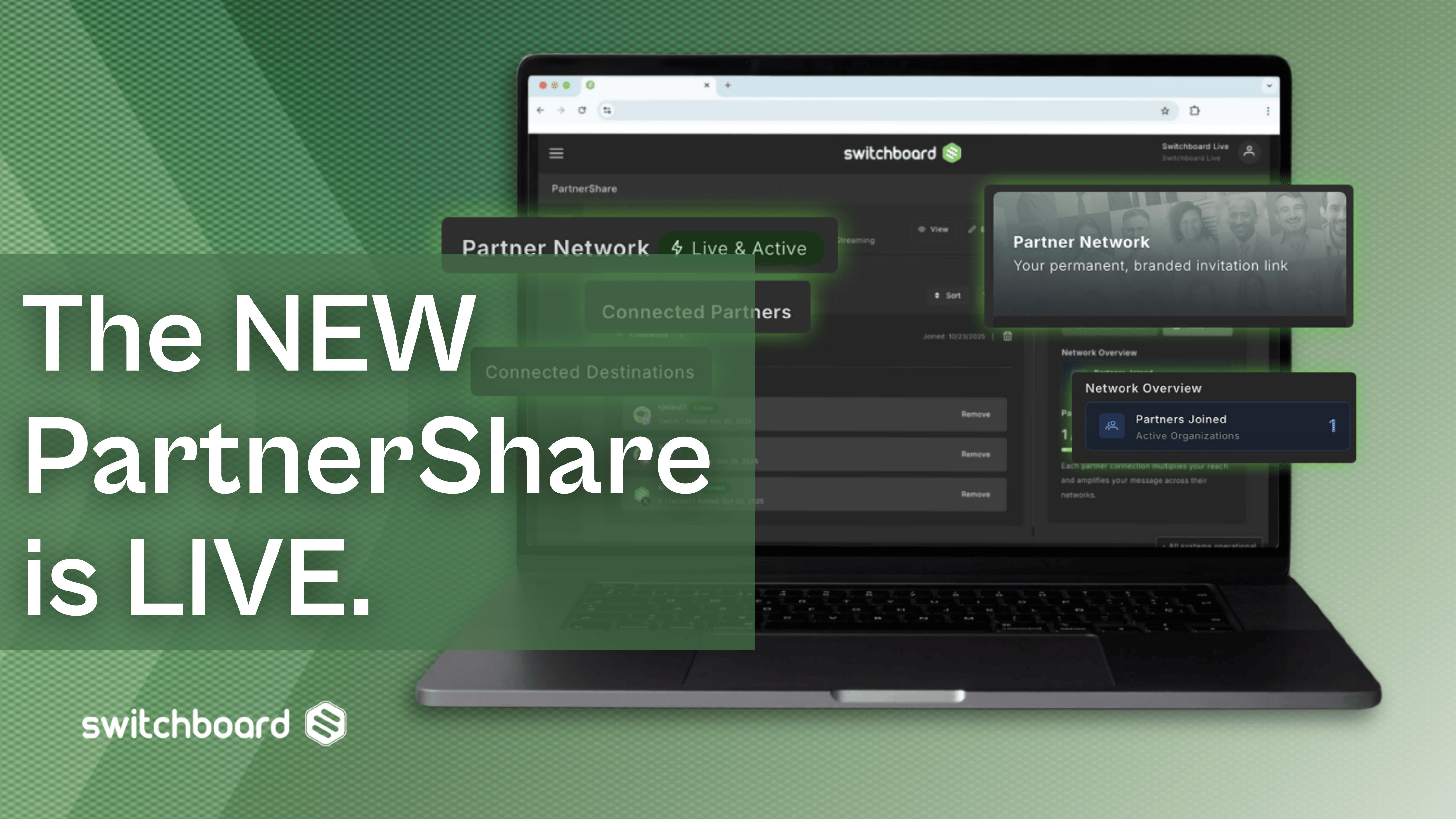Live streaming has become an amazing way to reach the masses in real-time to show something happening, share a message, or put on a performance. While almost anything goes, there are a few rules you need to be aware of to avoid having your stream shut down and possibly banned from future streaming.
Each platform has their own rules about the copyrighted material. Below, we’ll explore the rules of the most popular platforms, but first there are a few basic principles you should keep in mind.

Ways to Avoid Getting Flagged
First, beware the rules are ever-changing. After learning the basics of these copyright laws keep your eyes open for announcements about adjustments to policy on the platforms you use most. Even if you haven’t heard of changes it’s a good idea to research them every few months to know not only what has changed but what may be altered in the future, so you can be prepared.
Second, even if you can “get away with something”, don’t. Many times you or other content creators may get through an entire live stream with some sort of copyrighted material in it and nothing happens. The problem here is that it creates a belief you can stream things you should not. One day you may get caught and be potentially banned from streaming ever again. If you’ve been investing time and money into growing your audience and brand with live streams, this could be a death sentence.
Third, understand how you get flagged. Modern video streaming platforms have multiple methods of finding and shutting down live streams and uploaded videos that contain copyrighted material. Gone are the days of relying solely on viewers to report things, although any user can still report or flag your video. Today, algorithms are being used to automatically scan your video for copyrighted material as you broadcast it.
This technology acts as a behind-the-scenes digital cop who watches everything. It can pick out what you’re displaying in your video and knows what audio is playing, as well. And it would be unbeatable at the old game “Name That Tune” – it can pick up the artist and title of a song playing in the background in seconds. It’s also clear the technology is only getting better, which is all the more reason you should stick to the rules.

Copyright Rules For All Streaming Platforms
While there are nuances to each platform’s rules, the main one to always remember is: Don’t stream copyrighted material.
All platforms are concerned most with the streaming/re-streaming of media. This includes movies, live sporting events, and music. Basically, they don’t want you giving away the content they’re selling, for free. That seems both obvious and understandable but there are a few situations when you may not even realize you’re streaming these things.
Watch out for background sounds. Is there a radio or other device playing music that can be heard in your video? That could get you flagged.
Be very careful when using other internet videos. Rebroadcasting someone else’s YouTube video, even on the sharing site, can get you flagged. In some cases, you may want to air a clip of someone else’s video and discuss it. That might be legal as Fair Use, but be aware, you’ll only be able to make that argument after your video has been flagged and possibly taken down.
Facebook Copyright Rules
Here’s how Facebook defines copyright:
Copyright covers a wide variety of types of works, including:
- Visual: videos, movies, TV shows and broadcasts, video games, paintings, photographs
- Audio: songs, musical compositions, sound recordings, spoken word recordings
- Written: books, plays, manuscripts, articles, musical scores
Facebook best practices and onsite help center offer a few key copyright questions to ask yourself before going live, including:
- Did I create all of the content myself?
- Do I have permission to use all of the content included in my post?
- Does my use of the content fall within an exception to copyright infringement?
- Is the content protected by copyright (for example, is it a short phrase, idea or public domain work)?
YouTube Copyright Compliance
If a video is flagged on YouTube you are subject to something they call a “Content ID Claim”.
From YouTube help:
If you upload a video that contains copyright-protected material, you could end up with a Content ID claim. These claims are issued by companies that own music, movies, TV shows, video games, or other copyright-protected material.
Content owners can set Content ID to block material from YouTube when a claim is made. They can also allow the video to remain live on YouTube with ads. In those cases, the advertising revenue goes to the copyright owners of the claimed content.
One thing to note with YouTube – if your video is flagged for containing a popular song, they may not remove the video. Instead, they may add advertisements to it. That way, all the revenue made on the video would go to the record company who owns that song, rather than you (if you monetize your videos).
Keep in mind, this is due to specific deals YouTube has negotiated with many record companies individually. Facebook, Twitch and other platforms have not negotiated the same arrangements and do not work this way. Also of note, it only applies to certain music. Some record companies instruct YouTube to pull your video down or remove the audio from your video if their material is detected.
Twitch Copyright Policy
The Twitch copyright policy is very straightforward:
When broadcasting on Twitch, you should create content that is original or you can share content that you are authorized to broadcast. Content that involves replicas, derivative creations, or performances of others’ copyrighted content may violate another’s intellectual property and be subject to a takedown by a rights holder.
If you are found in violation of Twitch’s policy they may suspend your channel for a number of days. This doesn’t just mean you can’t live stream – your entire channel gets pulled down as if you never had a Twitch url, and everything from it is gone until the suspension ends. Furthermore, multiple copyright strikes can lead to a permanent ban.
The bottom line is that if you are careful and know the rules for each platform it will be easy to create an amazing live stream that can help grow your brand without any copyright hassles.







.png)




